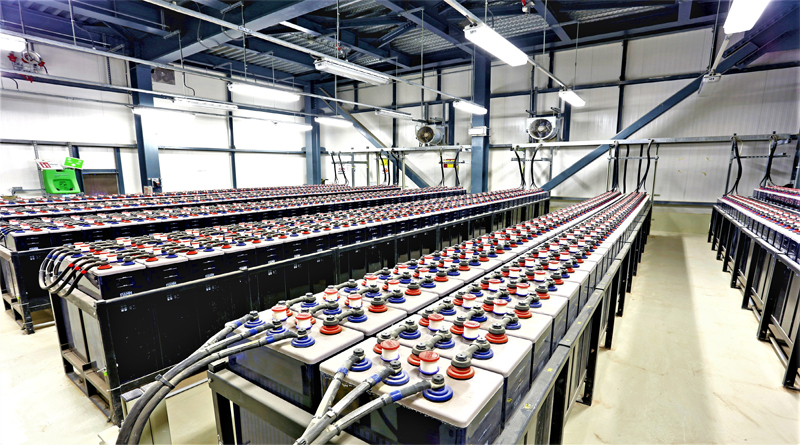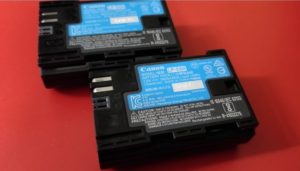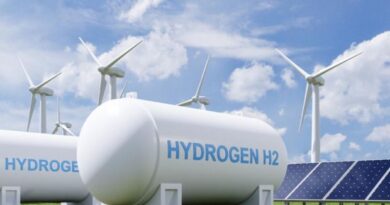From the labs. News on Cell Tech, Li-Ion Battery recycling from UK and US

Led by Craig Banks the professor in electrochemical and nanotechnology, researchers at Manchester Metropolitan University in the UK have announced plans to use screen-printed nanotechnology to try and create a new green power source from hydrogen.

It hopes that the new energy form will provide remote communities an affordable alternative to expensive diesel and petrol imports which are carbon heavy as well as polluting.
The team will screen print electrodes using graphene-like nanotechnology embedded in a fluid carbon-based printer ink. The electrodes can be printed in a variety of shapes, as well as on a mass production scale.
These electrodes will then be used in electrolysers, which separate water into its two components oxygen and hydrogen. The hydrogen will then be taken for storage or transportation, and ultimately fed into fuel cells to create electricity whenever needed.
The fuel cells and electrolysers will then be ‘harsh water tested’ on Scotland’s Orkney Islands, in collaboration with the European Marine Energy Centre.
According to the university, the hydrogen energy source is more efficient than other renewable forms of energy. It had already conducted proof-of-concept studies into finding a cheaper alternative to the expensive materials, such as platinum and iridium, which are used in traditional methods of manufacturing electrodes.
The research was awarded a £100,000 grant from Engineering and Physical Sciences Research Council to further pursue the research.
Electrode development will take place at Manchester Metropolitan University over the next six months, followed by installation of the electrolyser stack in Scotland and connection to a renewable energy system. The technology will then be tested over a six-month period.
On the other side of the globe, Chemical engineering students from Michigan Technological University have found a means to economically recycle lithium ion (Li-ion) batteries using an established method of processing minerals.
Led by Lei Pan, an assistant professor of chemical engineering at the university, the team applied 20th century mining technology which separates metal from ore to the Li-ion battery recycling process. The method was used to separate the components of the battery such as its casing and the anode and cathode coatings, which includes the valuable lithium metal oxide.

Pan says: “We saw the opportunity to use an existing technology to address emerging challenges. We use standard gravity separations to separate copper from aluminium, and we use froth flotation to recover critical materials, including graphite, lithium and cobalt. These mining technologies are the cheapest available, and the infrastructure to implement them already exists.”
Li-ion batteries are favoured as an alternative to traditional lead-acid types due to their longevity and energy density, but they may pose an environmental threat as there is no way to safely dispose of them, meaning, Pan’s research could offer a significant contribution to the field of battery storage technology.




